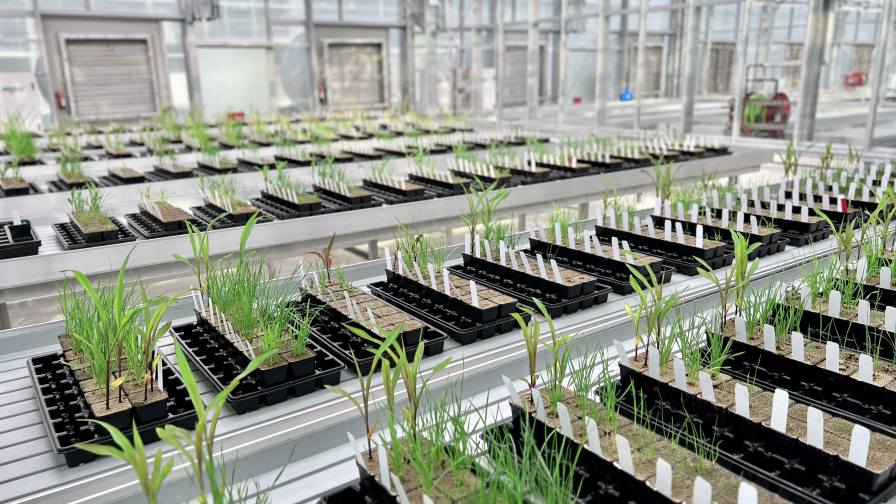New Zealand: Biotech Remains Touchy Subject
USDA-FAS reports that when Prime Minister Helen Clark’s Labour Government took office in late 1999, there was concern that it would succumb to pressure from anti-GM groups and ban the possible development or use of biotechnology in the country. While initial actions bore out those concerns (including the imposition of a voluntary moratorium on GM releases), a year-long Royal Commission inquiry allowed a rational public debate on the issue. The Commission’s report provided the general endorsement that the government needed to move forward, and the New Organisms and Other Matters Bill of 2003 ended the GM moratorium and established regulations for their introduction.
The Government has made it clear that the promotion of biotechnology is a key part of New Zealand’s plan to move from an economy reliant on commodities to one based on value-added, knowledge-intensive products.
GM plants and animals currently are not commercially grown in New Zealand. However, a number of contained research trials involving GM organisms are occurring and food products with GM content are legally offered for sale and consumption.
While many New Zealand farmers support the commercialization of GM crops in New Zealand, the sector is approaching the issue cautiously. Many agricultural industry participants are concerned as to what impact the commercial production of GM crops could have on New Zealand’s “clean and green” image in international markets.





